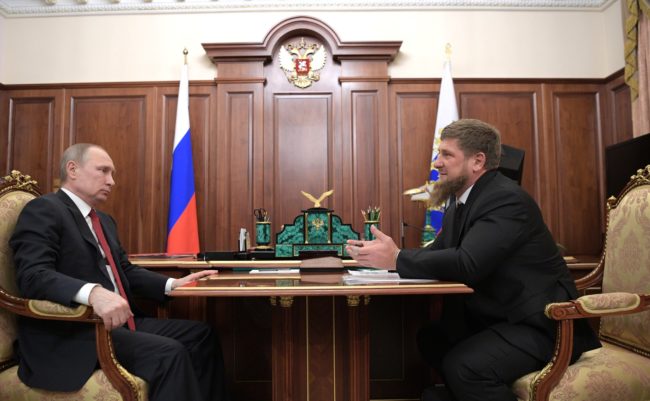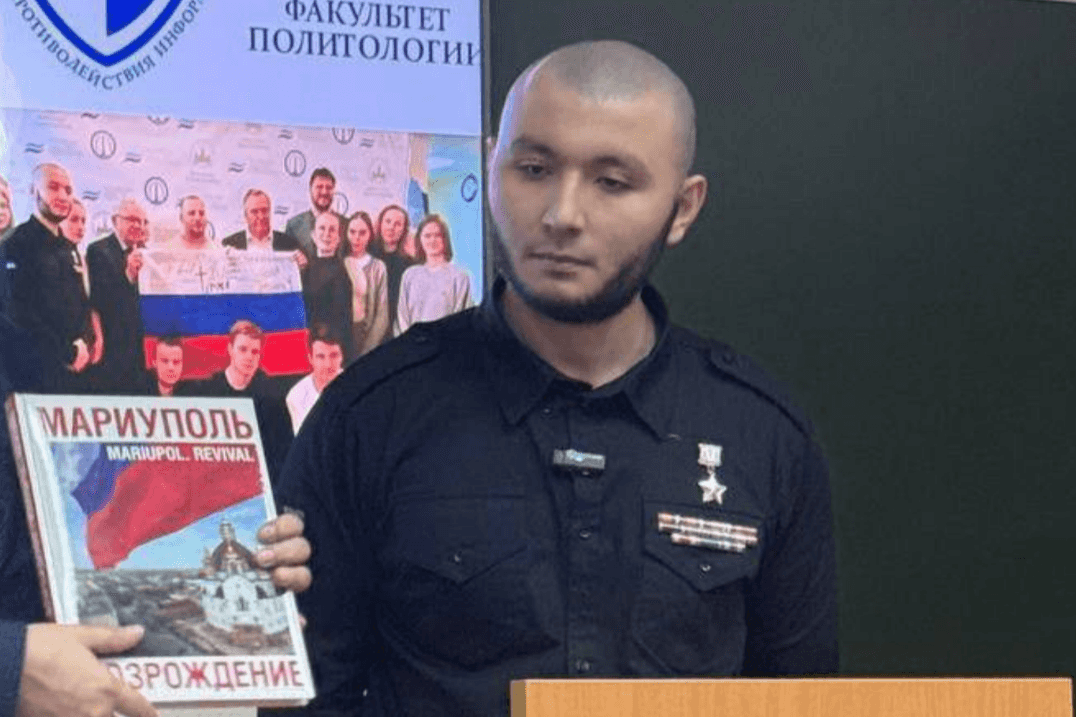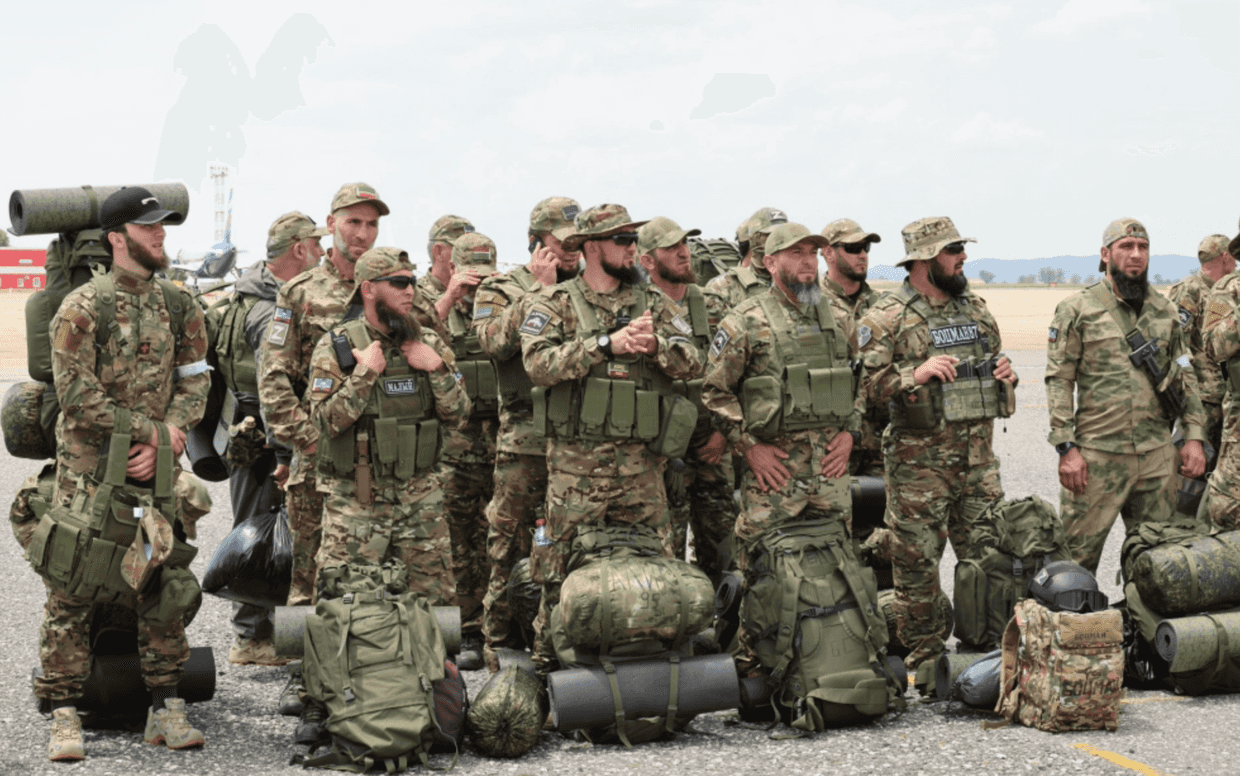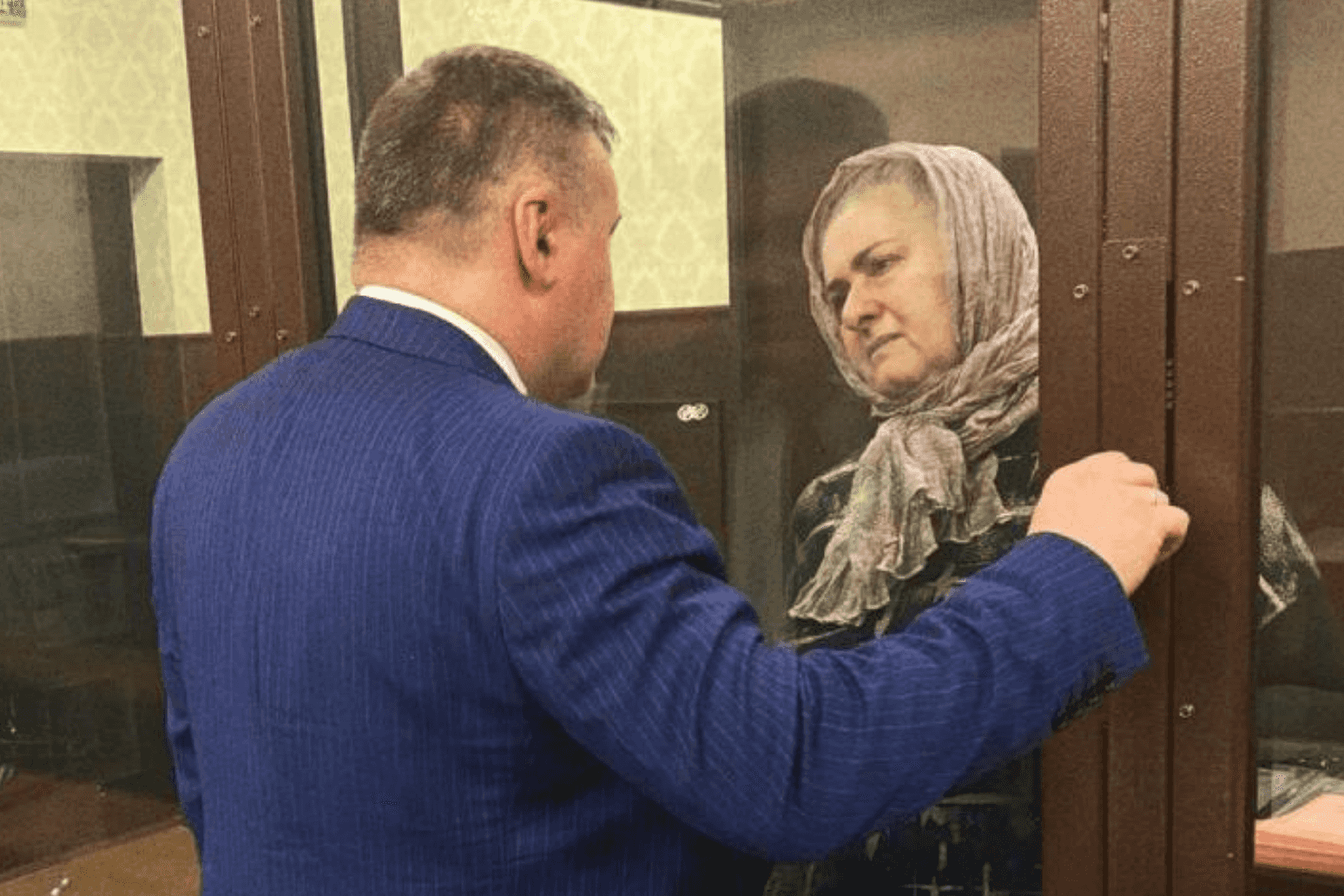

 The press secretary of Russian President Vladimir Putin, Dmitry Peskov said on 20 April that reports about mass detentions, torture, and killing of Chechen men suspected of being gay couldn’t be confirmed.
The press secretary of Russian President Vladimir Putin, Dmitry Peskov said on 20 April that reports about mass detentions, torture, and killing of Chechen men suspected of being gay couldn’t be confirmed.
Peskov’s statement came after a meeting between Putin and Chechen Head Ramzan Kadyrov on 19 April, during which Kadyrov denied the media reports, calling them a ‘provocation’.
When asked about the numerous testimonies of persecuted queer men published in the media, Peskov replied that where the law is violated, people should turn to the police or the media, although ‘there were no such cases’. He also noted that the Kremlin had no reason to doubt assurances from Kadyrov, who called the reports ‘slander’.
‘We know that when the law is violated, the citizen goes and complains to the police, the citizen goes and complains to the media… But where [were such cases]? There were no such people’, Peskov said.
Russia’s Public Defender Tatyana Moskalkova made similar statements, claiming that the reports of persecution could be false, as neither federal nor Chechen institutions, such as the police and the Prosecutor’s Office, had reported a single such case.
The Kremlin’s statements come amidst a growing conflict between Chechen authorities and newspaper Novaya Gazeta, which first reported the persecutions. On 14 April, the newspaper’s editorial staff announced that they were in fear for their lives, following a call by Chechen religious and public figures to bring ‘retribution’ to the journalists.
On 17 April, the Minister for National Policy, External Relations, Press and Information of Chechnya, Dzhambulat Umarov, demanded an apology from Novaya Gazeta for ‘insulting the Chechen people’.
On 19 April, an envelope containing an unidentified white powder, which was later declared safe, was sent to Novaya Gazeta’s offices. Another such envelope was sent to the newspaper’s offices on 20 April. It hasn’t been established yet whether the powder was dangerous.
Novaya Gazeta also came under fire from queer rights activists from the GayRussia organisation, who accused the newspaper of suggesting that the persecutions were connected to their plans to organise pride parades in several North Caucasian cities in late March. On 18 April, Nikolay Alekseyev filed a lawsuit against the newspaper for ‘libel’.
The reports of mass persecutions against queer Chechen men resonated globally. The Office of the United Nations High Commissioner for Human Rights called on Russian authorities to end the persecutions, condemn all homophobic statements, and conduct a thorough investigation.
According to Tatyana Vinnichenko, head of the Russian LGBT Network, which is actively providing assistance to persecuted Chechen queer men, the embassies of three unspecified European countries have offered to expedite visas for victims of the persecutions.
The reports also resonated in Georgia, which borders Chechnya to the south, where a group of local queer activists protested outside Russia’s diplomatic mission in Tbilisi, against what they termed, ‘concentration camps’ in Chechnya.









